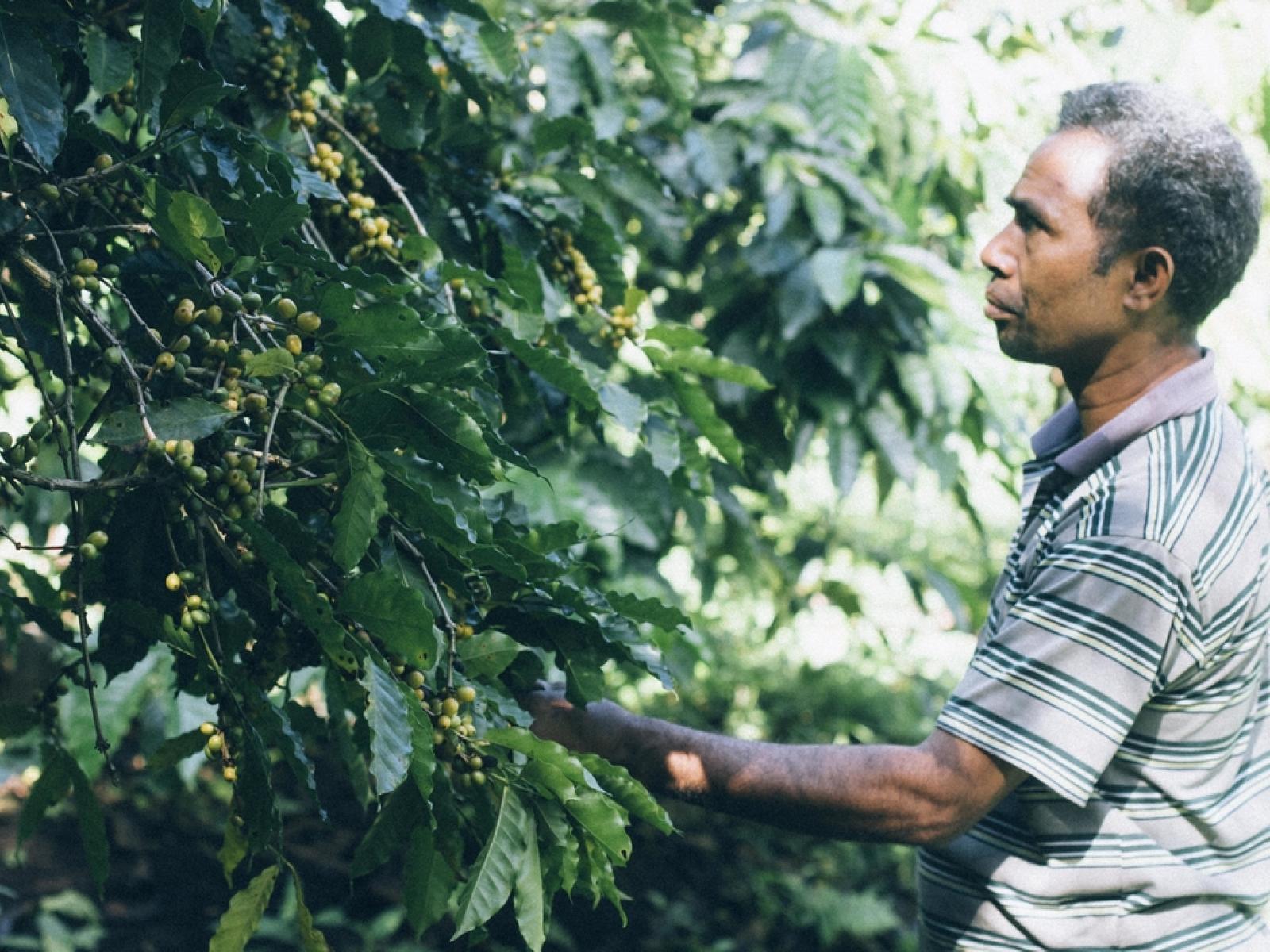An Overview Of Our Solution
- Population Impacted:
- Continent: Oceania
Organization type
Population impacted
Size of agricultural area
Production quantity
People employed
Describe your solution
Describe your implementation
External connections
What is the environmental or ecological challenge you are targeting with your solution?
Describe the context in which you are operating
Smallholder farmers are particularly vulnerable to any climate change shocks because of their high dependence on agriculture for their livelihoods, chronic food insecurity, physical isolation, and lack of access to formal safety net. Our targeted community is thus vulnerable to impending drought. 90% of adult villagers in Golulada are smallholder farmers, working in groups. A single impacted farm can affect several families and the village lacks the basic infrastructure and training to sustainably deal with the post-harvesting. As the region becomes too dry for traditional staple crops, we recognize the need for a transition to commodity crops to secure income and nutrition. The main village income is from Arabica coffee with agroforestry as secondary income and food source. However, the current post-harvesting method is not suitable given water availability limitation. Known as full-wash, this method ferments and washes fruit mucilage from coffee beans in large pools of water, then discharges the waste water into open soil or watersheds. The water requirement is approximately 25 m3/ton of coffee. Furthermore, the acidity of coffee wastewater is below pH 4.
How did you impact natural resource use and greenhouse gas emissions?
Language(s)
Social/Community
Water
Food Security/Nutrition
Economic/Sustainable Development
Climate
Sustainability
The premise of this project is to overcome climate change vulnerability using market forces, namely adding value to commodities in a more sustainable way. Facilitating agroforestry will provide diverse income for the farmers thus increasing farmer resilience to market fluctuations. As coffee is the second-most traded commodity after crude oil the demand for coffee is not likely to subside, so connecting farmers to the international market under fair conditions will carry our solution into the future. Furthermore, in more recent years naturally processed coffee has surpassed full-wash beans in price.
Return on investment
Entrant Banner Image

